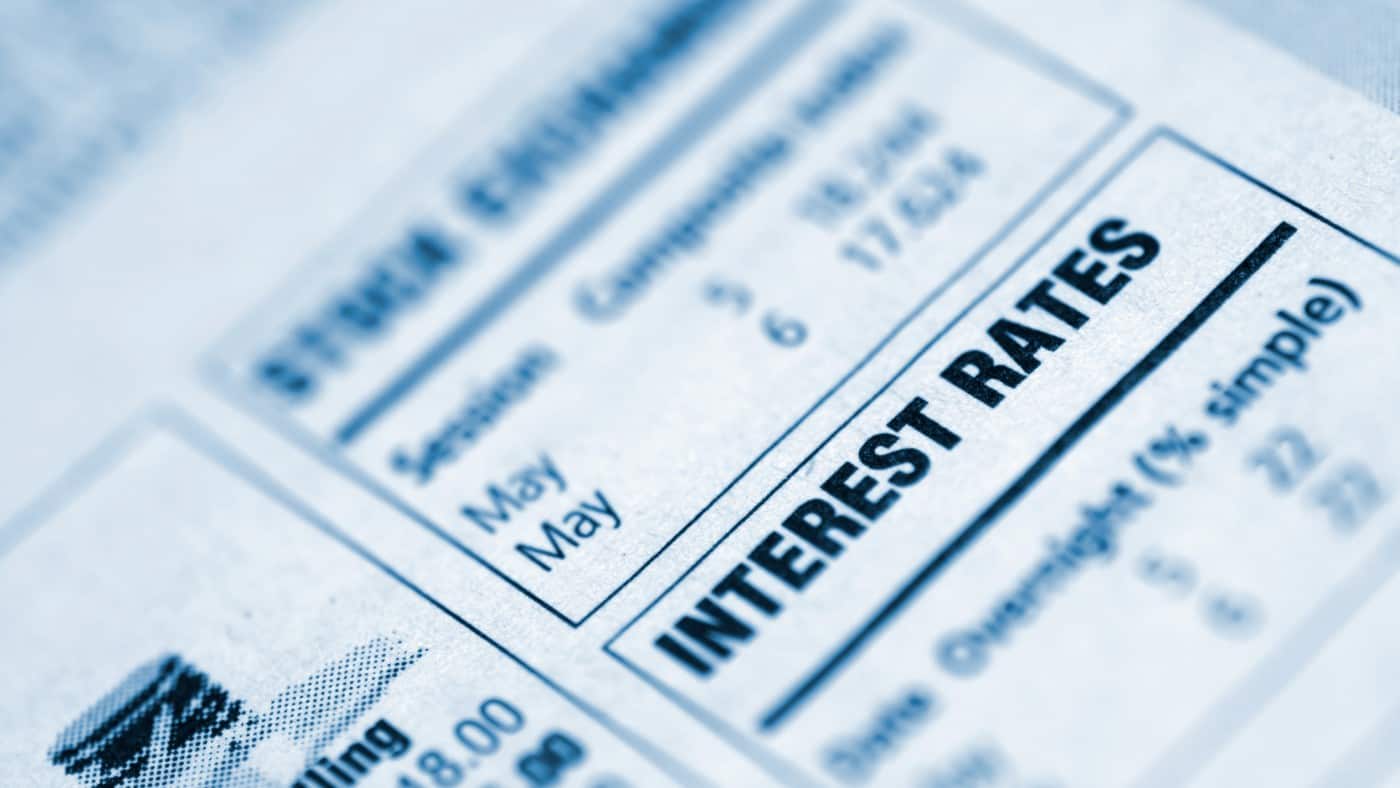£3,734: The average amount a British adult owes in unsecured debt such as credit, personal loans or overdraft is £3,734, of which £1,067 is credit card balances.
24 years and nine months: The amount of time it would take to pay off the average credit card debt, making minimum monthly payments of monthly interest plus 1%.
These are the insights from the latest release of The Money Statistics from Money Charity.
And if the imminent interest rate hike goes ahead as expected, you can be assured that both those figures will increase.
BoE expected to raise the interest rate from ultimate, all-time low
The Bank of England has kept the base level interest rate at an all-time low of 0.1% in the hope of encouraging sustained economic activity through the unprecedented pandemic years. The inevitable result of such a low interest rate, though, is that inflation starts to creep upwards. This is exasperated when combined with other factors such as the soaring energy costs like the UK is currently experiencing.
One monetary policy lever that the Bank of England uses to reduce inflation is to increase the base interest rate, which is the rate that the commercial banks pay when borrowing from the central bank.
And this is precisely what is expected to happen at the next Monetary Policy Committee meeting on 4 November.
Market watchers are predicting a potential hike to 0.25%, bringing the rate back to pre-pandemic levels, with a warning that we should expect more increases to come in the new year too.
Interest rate hike to hit debtors where it hurts
Banks will usually pass on the interest rate increase to their customers. While this is great news for savers who’ll earn more interest on their nest eggs, those with personal, unsecured debt are set for a gut punch.
Mortgages or secured personal loans are less affected as often these agreements come with fixed-rate terms. But for those with credit card debt, loans or overdrafts, it means higher monthly, or weekly interest will be applied to balances. If you’re already stretched in terms of your debt repayment commitments, this could bring about an extra level of pressure.
So, how do you brace or prepare for an inevitable interest rate increase if you’re already in debt?
3 strategies to cope with debt ahead of the interest rate increase
- Move credit card balances: There are a number of credit cards that offer 0% balance transfers, with around 3% balance transfer fee. Offers will be dependent on your credit score. You’ll be able to move your balance from a higher interest-bearing card to one with a 0% interest introductory period, giving you time to pay off the initial debt without loading on more interest payments. If you qualify, this option is a quick-win ahead of interest rate increases.
- Cancel credit cards: If the banks decide to pass on the increase to their customers (which we absolutely expect them to), they have to provide notice. Credit cards allow you to reject their proposed new interest rate, cancel the account, and pay off the outstanding balances within 60 days at the existing interest rate. Naturally, this is only feasible if you have the funds available to settle the balance within the given window, but in doing so, you’ll save a pocket of pounds in increased interest payments over time.
- Budget carefully to reallocate funds: Make sure you know the interest rates of each of your debts and, if necessary, reallocate budget to the highest interest accounts first, and work your way down the list. I wouldn’t make less than the minimum payment though, and wherever possible, make additional payments to the highest interest accounts first.







